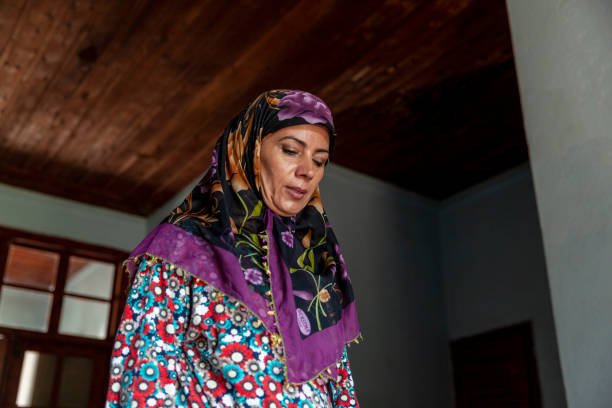When people search for Ramazani, the term can hold different meanings depending on cultural and linguistic context. It may refer to the Islamic holy month of Ramadan, often pronounced or written as Ramazani in regions like South Asia, East Africa, and Eastern Europe. At the same time, Ramazani is also a surname with roots in several cultures, particularly in Tanzania, the Democratic Republic of Congo, Albania, and among Muslim communities worldwide.
In this article, we’ll explore the religious, cultural, and personal identity aspects of the word Ramazani.
Ramazani and Ramadan: The Holy Month
In many Muslim-majority countries, especially where local dialects differ, the word Ramazani is used as a variant of Ramadan. Ramadan (Ramazani) is the ninth month of the Islamic lunar calendar and holds immense spiritual importance.
Key aspects
- Fasting (Sawm): Muslims abstain from food, drink, and immoral acts from dawn to sunset.
- Spiritual Reflection: Increased focus on prayer, Quran recitation, and charity.
- Community Bonding: Families and communities gather for Iftar (breaking fast) and Suhoor (pre-dawn meal).
- Eid al-Fitr Celebration: The holy month concludes with a festival of joy, marking spiritual renewal.
For many, calling it Ramazani is simply a matter of cultural pronunciation, but the meaning remains the same a month of devotion, discipline, and blessings.
Ramazani as a Surname
Apart from religious references, Ramazani is also a popular surname in various regions.
Common origins
- East Africa (Tanzania, Congo, Kenya): A common surname in Swahili-speaking and Muslim-majority communities.
- Albania & Kosovo: Derived from the Turkish and Arabic influence, many Albanians use Ramazani as a last name.
- Middle East & South Asia: In Pakistan, Iran, and Afghanistan, families sometimes carry Ramazani as a surname, often linking back to the holy month of Ramadan.
Notable figures with the surname Ramazani include athletes, politicians, and academics across Africa and Europe.
Cultural Importance
The term carries deep cultural and spiritual resonance:
- For Muslims, it represents faith, sacrifice, and self-purification.
- For families carrying the surname, it symbolizes heritage and identity.
- In literature and music, Ramazani often appears in poetry and songs linked to spirituality and tradition.
Conclusion
Whether you come across Ramazani as a reference to Ramadan, the holiest month in Islam, or as a surname with cultural roots across Africa, the Middle East, and Europe, the term holds rich meaning. It reflects faith, identity, and tradition, bridging religious devotion with personal heritage.
As globalization connects communities, terms like Ramazani remind us of the shared values and diverse identities that exist within language, culture, and faith.

